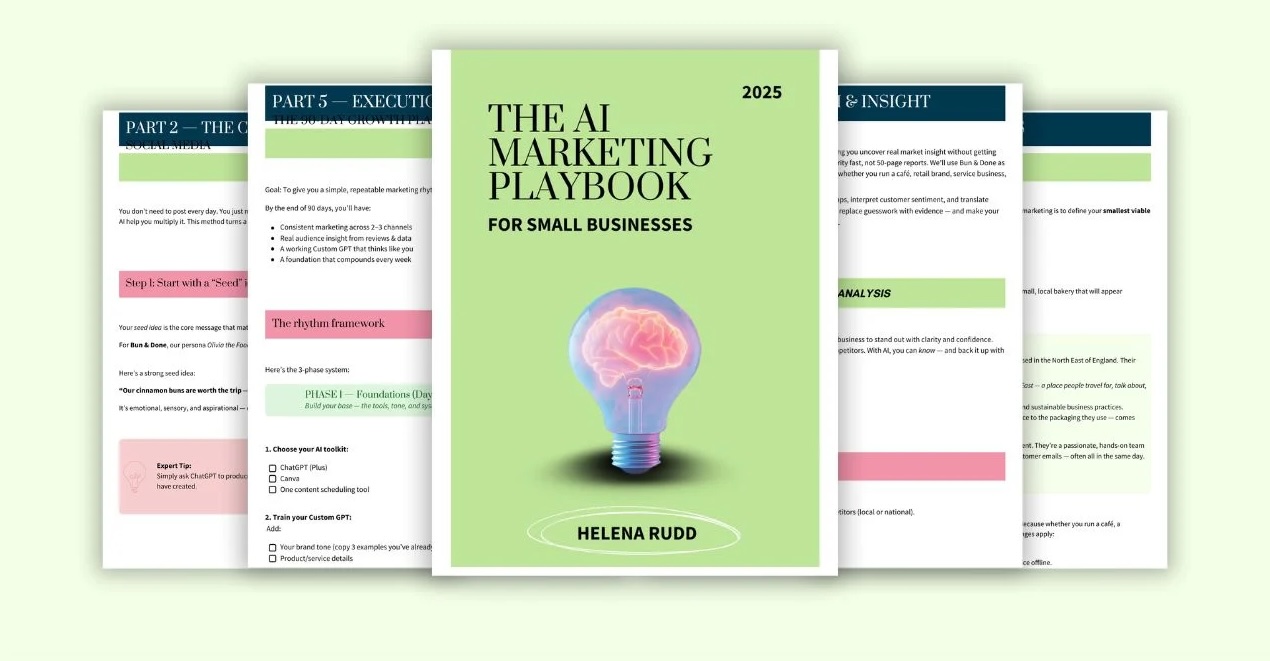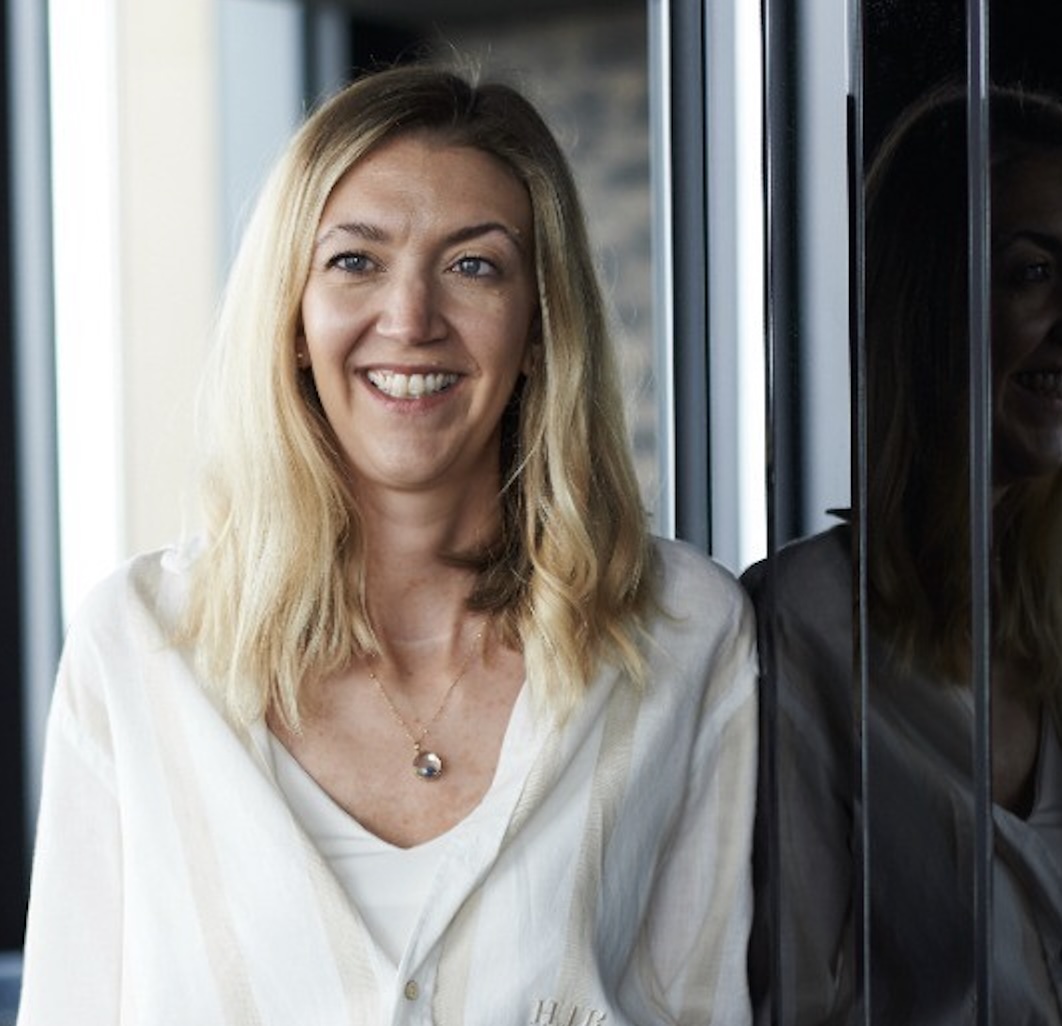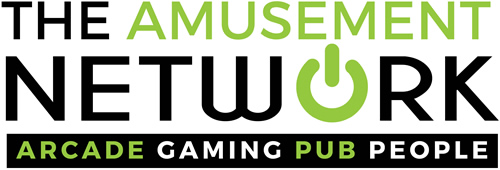Helena Rudd's How-to Guide to AI


Helena Rudd is Marketing Director at Rudd Group. She specialises in leveraging AI to drive efficiencies to achieve scalable success. Her passion lies in simplifying complex AI tools and creating practical strategies that deliver real results within the business. At The Rudd Group, she has used cutting-edge AI technologies to optimise marketing processes, streamline operations, and enhance decision-making, delivering measurable improvements in efficiency and productivity. Helena has now produced the AI Marketing Playbook for Small Businesses – Amusement Network caught up with her to find out more:
1. Your new AI playbook distils everything you’ve learned from using tools like ChatGPT in your business. What was the moment you realised this wasn’t just a personal list anymore, but something that could genuinely help other operators and small businesses?
Honestly, it started as a messy notes doc I used to keep track of prompts and shortcuts that were saving me time or helping me generate new ideas. I started going back to them and sharing them with various people in the industry who were reaching out for a bit more help on AI. I realised that they weren’t looking for more tech; they just wanted someone to translate AI into plain English and show them how to actually use it day-to-day. That’s when I realised this could become a framework that could help other people reclaim their time and make AI feel practical instead of overwhelming.
2. You mention that the guide focuses on using AI well - especially for creating content aligned with ideal customers. In your view, what are the biggest mistakes businesses make when using AI for marketing, and how does your playbook help them course-correct?
I’ll admit, I fell for the “generic content” trap myself at the start of my AI journey. I was so excited by what the tools could do that I started churning out content without much thought to tone, audience, or intent. It didn’t take long to realise that it all sounded the same, polished but soulless. Now, I can spot that kind of AI content a mile off.
One of the biggest mistakes I see is businesses using AI as a content factory instead of a thinking partner. They jump straight into generating posts or captions without giving the AI any real context about their brand voice, audience, or goals and the result is bland, forgettable messaging. Another common trap is over-automation: relying on AI to talk for them rather than enhance them, which quickly erodes authenticity.
The playbook helps correct that by showing people how to use AI strategically, to clarify their messaging, deeply understand their ideal customer, and create content that genuinely connects. I actually think that’s one of AI’s strongest roles in marketing: helping us better understand our customers and craft messaging that resonates directly with them. It’s not about more output; it’s about smarter alignment. Every prompt, framework, and example in the playbook is designed to keep AI grounded in your brand’s personality, so your marketing feels intentional and unmistakably yours.
3. One of the most practical parts of your use of AI is analysing customer reviews, trends and competitor data. Why do you think so many small businesses overlook this, and how can AI make this kind of insight more accessible?
Small businesses often overlook customer and competitor analysis because they simply don’t have the time, tools, or team that bigger brands do. Without those global budgets, you have to carve out a niche and really know your ideal customer, what they care about, how they talk, and where they spend their time. When you understand your customers deeply, you can meet them where they are with messages that genuinely resonate. A scattergun, one-size-fits-all approach just doesn’t work when you’re a small business.
That’s where AI changes the game. It can analyse hundreds of customer reviews, social trends, or competitor campaigns in minutes, work that would normally take hours, if not days. The insights are often eye-opening, clearly showing where your business can excel against the competition and where to focus your energy for the biggest impact.
And even if you’re just starting out and don’t have any reviews of your own yet, AI can still help by analysing your competitors’ feedback. You can quickly identify the gaps in their offering - what frustrates their customers or where they’re falling short - and use that knowledge to ensure your product or service avoids the same pitfalls. It’s like having a shortcut to years of market insight, without the trial and error.
4. You highlight custom GPTs as one of the most underused tools available. For operators in hospitality, what kinds of custom GPTs could make an immediate real-world impact on their day-to-day operations?
Custom GPTs are a massive missed opportunity in hospitality right now. Most people don’t realise they can build an AI assistant tailored exactly to their business with no coding needed. Imagine a GPT trained on your brand tone, menu, policies, or guest communication style, ready to draft responses, marketing copy, or staff training materials in seconds.
For example, you could have a Guest Relations GPT that drafts personalised replies to online reviews, a Marketing Content GPT that generates social posts and email campaigns in your brand voice, or an Operations GPT that helps managers create rotas, inventory checklists, and staff briefings. Even a Training GPT that walks new hires through company standards or FAQs could save hours each week.
The real-world impact is in freeing up operators from repetitive admin so they can focus on the guest experience — the part no AI can replace. It’s about using technology to amplify the human touch, not remove it.
5. You’ve taken multiple AI courses, run experiments and “broken things” along the way. What’s one experiment or lesson that surprised you the most - and how has it shaped the advice you now share in your playbook?
One of the biggest surprises came from an experiment that completely flopped at first. I tried to automate our entire social media workflow with AI from idea generation, writing, editing, scheduling, the lot. On paper, it looked efficient; in reality, it stripped out the personality that made our content resonate. Everything sounded polished, but painfully generic.
That experience completely reshaped how I think about AI. It taught me that automation without intention is just noise. The real power of AI isn’t in replacing creativity - it’s in enhancing it and making your work at least 10% better. That’s now the foundation of everything in the playbook: AI should handle the heavy lifting so you can stay focused on strategy, storytelling, and genuine human connection.
AI should enhance and sharpen your ideas, it shouldn’t be creating content from scratch.
Helena is offering our readers an exclusive 25% off her book with discount code: ‘AMUSE25
Click here to find out more
14 November 2025
No comments have been posted yet.
Please sign in or join the network to post comments
Bacta and Rays of Sunshine recognise Phil Setter with special presentation
Bacta and Rays of Sunshine came together in Basildon this week to recognise the outstanding fundraising efforts of Phil Setter and the team at...
Joyce's Column: February
Before I follow up with more EAG chat I would like to offer belated Birthday Congratulations to Sega’s Adam Garrett who celebrated his ‘Life...
Supply Concerns Highlight Importance of Reliable UK Pool & Snooker Equipment Sources
cent national news reports highlighting disruption at a UK felt manufacturing firm have raised concerns across sectors reliant on specialist cloth...

